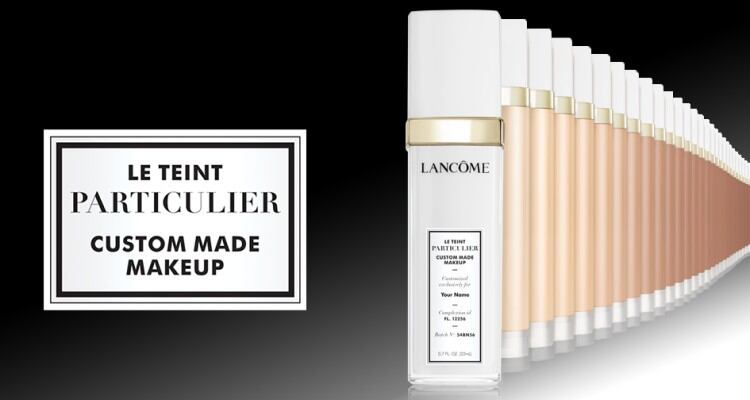The personalisation and customised beauty trend is about refining products to meet specific consumer needs, right down to the individual demands of a unique consumer. It’s being seen in brands, apps, and individual products and services across the beauty industry.
“It’s about allowing consumers to take more control over what they’re doing and tailor their skin care routine down to the minute as they go through their day,” explained Jamie Mills, Global Analyst with GlobalData.
It’s a trend that is going to go the distance, the panelists agree. Nicole Fall, founder of Asian Consumer Intelligence, said: “It’s a trend to stay, and it’s really not going away.”
Kit Wallen-Russell, co-founder of skin care brand JooMo, also shared insights on our panel, covered below. The webinar is available on-demand to download here.
Driven by digital
Global market expert Mills said that she believes the trend is being driven by digital and technological innovations: “Advances in technology have been integral to this driving forward of the demand for personalised beauty.”
Mills said there are two approaches for brands to consider when looking to use digital in this space:
- Diagnostic tech: for example, interactive mirrors that can analyse skin quality over time, helping users create a tailored regime to their skin care needs.
- Tools creating bespoke products: for example, Proven, a US, custom skin care products using a lifestyle questionnaire to their database of ingredients that will match the consumer’s lifestyle needs.
Brands are going to have to be much more accountable, Mills noted. If they have recommended a specific product to a specific consumer and that doesn’t work for that person, she explained, then that risks losing consumer loyalty.
Data safety: a potential pitfall
In terms of harvesting consumer data to fuel these technologies, the speakers suggest this offers a potential pitfall for the trend.
Some emerging beauty brands in the customisation space depend on personal data - menstrual cycles, for example, or geographical locations. There will be challenges around keeping such data secure, and the risks of data breaches in this area could be a huge challenge to brands.
Nicole Fall suggests that in Asia, particularly in China, consumers don’t really seem to mind the trade of confidential, private data for convenience or access to services. “There’s a slightly different take in this side of the world on that,” she confirmed.
Microbiome spotlight
Kit Wallen-Russell gave insights into how higher biodiversity of the environments people are living in and lifestyle factors result in higher skin health, and how this relates to the skin’s microbiome.
He picked out pollution, diets and the synthetic ingredients in modern cosmetics as potential factors impacting on skin health and its microbiome.
Wallen-Russell is set to release the results of a study into the impact of synthetic cosmetics ingredients on the skin’s microbiome during 2019.
Wallen-Russell and Fall have both also been announced in the first wave of speakers released for the Cosmetics Design Summit in 2019 on the topic of Skin Microbiome Innovation. The event takes place in Amsterdam in June, and further details are available on our dedicated website here.
Top tips
Finally, we asked the panelist to offer one top tip for brands looking to make an impact in customisation or personalisation.
They offered:
Mills: Involve the customer as much as possible throughout the customisation journey. Consumers really want a dialogue with their brands, it’s going to become an expectation in the future. It creates rapport, and creates a unique experience in the marketplace too.
Wallen-Russell: Remember who you’re doing skin care and health care for. You’re doing it to improve the health of the consumer: keeping that in mind, the main thing should be to find a product that improves the health of the consumer. Remember it is the consumer that is propping up your business: it’s an industry that needs to be health-driven and scientifically-backed.
Fall: In Asia, consumers often opt for lightening or brightening products, and what we don’t often see in a store setting or ecommerce sites there just isn’t a lot of diversity when it comes to bases and foundations. It’s a really simple thing but brands should offer more diverse bases for diverse skins.
Discover Cosmetics Design’s top five examples of customised beauty here.




